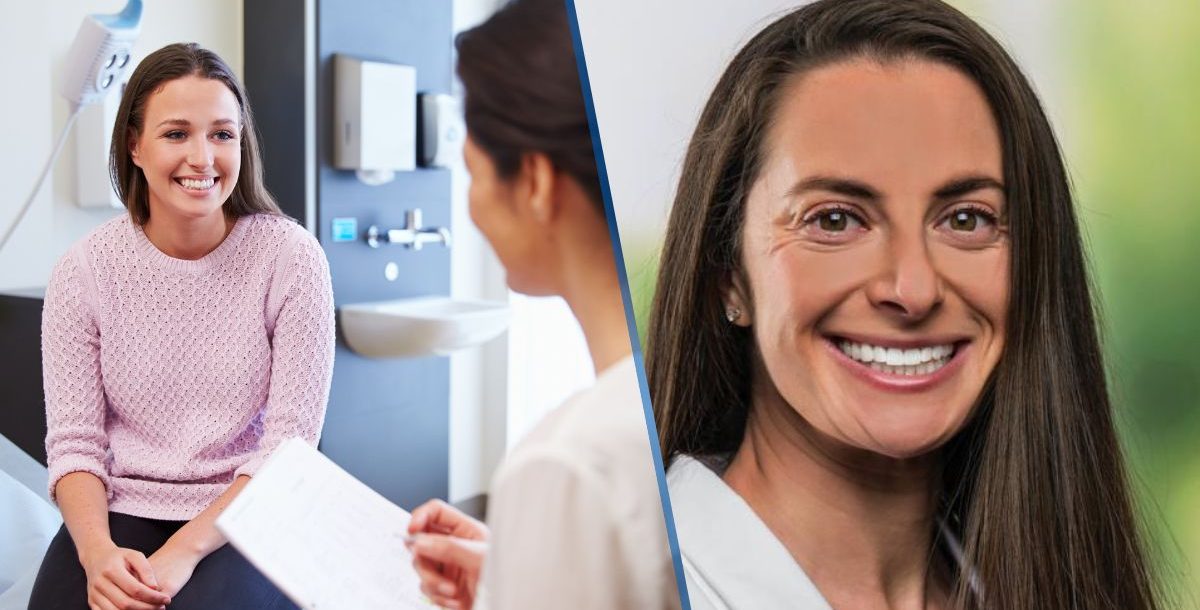Knowing the reasons to see a urogynecologist and when you need one can be hard to figure out. Luckily, Rebecca Rinko, DO, a urogynecologist at Bon Secours Urogynecology, is willing to share her expertise and explain more about the field of urogynecology.
What are the most common conditions that a urogynecologist treats, and how can they impact a woman’s health?
Dr. Rinko shares that the following are reasons you might want to see a urogynecologist, because they are some problems that arise from damage to the pelvic floor.
- Incontinence: This is the loss of bladder or bowel control.
- Prolapse: This is the descent of pelvic organs, a bulge and/or pressure, and also known as a dropped uterus, bladder, vagina or rectum.
- Emptying disorders: This is when you have difficulty urinating or moving bowels.
- Pain: Referring to general discomfort in the lower back, pelvis or bladder and/or urethra regions.
- Overactive bladder: This is the frequent difficulty of holding back urine when having the urge to urinate.
- Fistulas: An abnormal hole between the vagina and rectum, the vagina and urethra or the vagina and the bladder.
When should a woman consider seeing a urogynecologist for pelvic floor disorders or urinary incontinence?
Even though your primary care provider, OB/GYN or urologist may have knowledge about the health problems listed above, a urogynecologist is an expert in this area that can offer additional information.
“You should see a urogynecologist when you are experiencing any of the conditions listed above or when your primary doctor recommends consultation,” Dr. Rinko adds.
Another reason to see a urogynecologist besides the common conditions would be the need for special expertise in vaginal surgery.
How can a urogynecologist help with postpartum issues, such as bladder control or pelvic organ prolapse?
A urogynecologist can recommend a variety of options to relieve symptoms of pelvic floor disorders or even cure them. However, be sure to choose a provider that works best with your lifestyle and meets your health goals.
“Sometimes simple changes and interventions can have a significant positive impact on daily quality of your life” Dr. Rinko explains. “A urogynecologist can advise non-surgical or surgical therapy depending on your wishes, the severity of your condition and your general health.”
Medications, pelvic exercises, behavioral and/or dietary modifications and vaginal devices are some no-surgical treatment options as well as electric stimulation. Additionally, safe and effective surgical procedures are also utilized by the urogynecologist to treat incontinence and prolapse.
How does a urogynecologist approach the treatment of complex conditions, like interstitial cystitis or overactive bladder?
“Each treatment plan is unique to the patient,” Dr. Rinko shares. “We participate in joint decision making with the patient and we take many things into consideration when coming up with a treatment plan including, but not limited to, symptoms, duration of symptoms, physical exam findings, previous therapies and treatments and other medical conditions.
These are the reasons to see a urogynecologist!
Do you live in the Greenville, SC area? If so, learn more about the women’s care services we provide at Bon Secours in this market.





